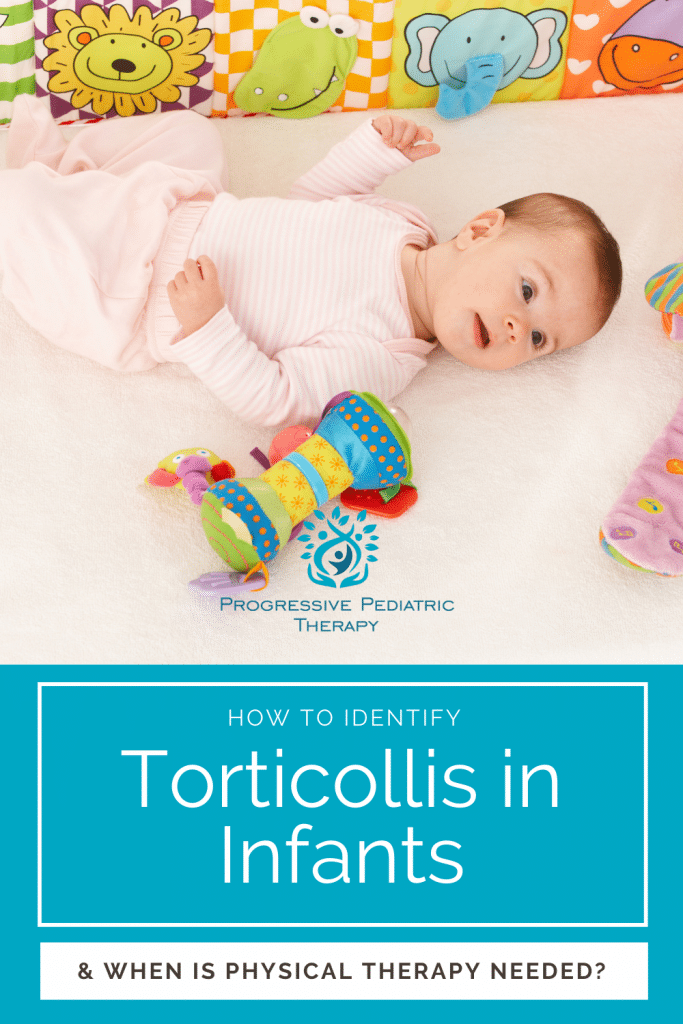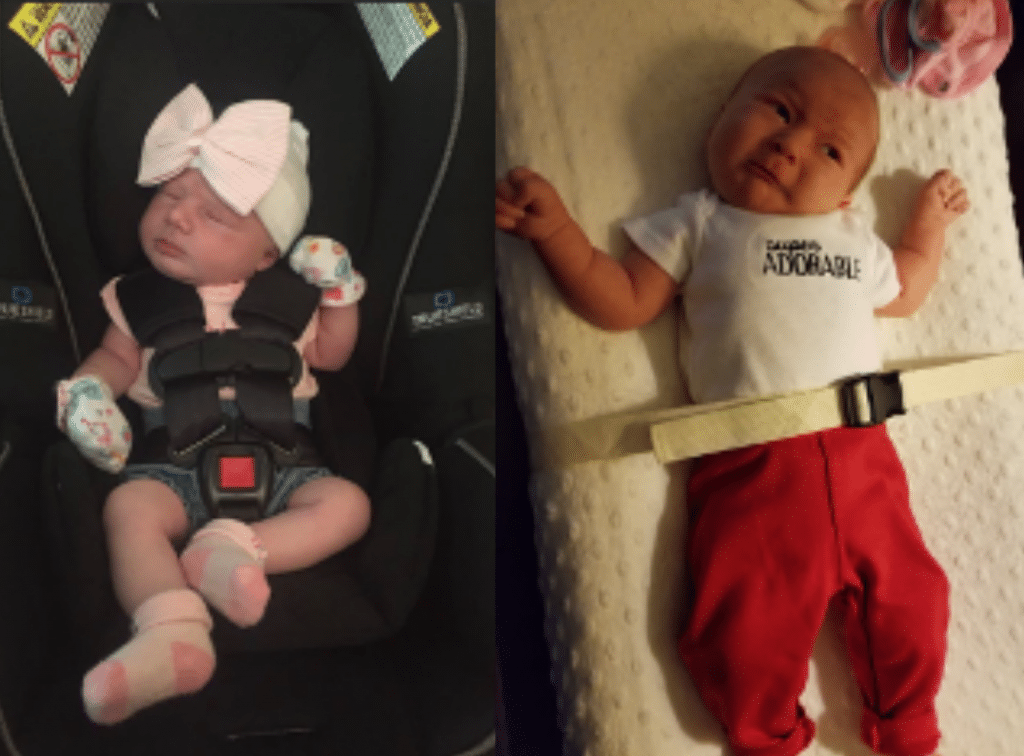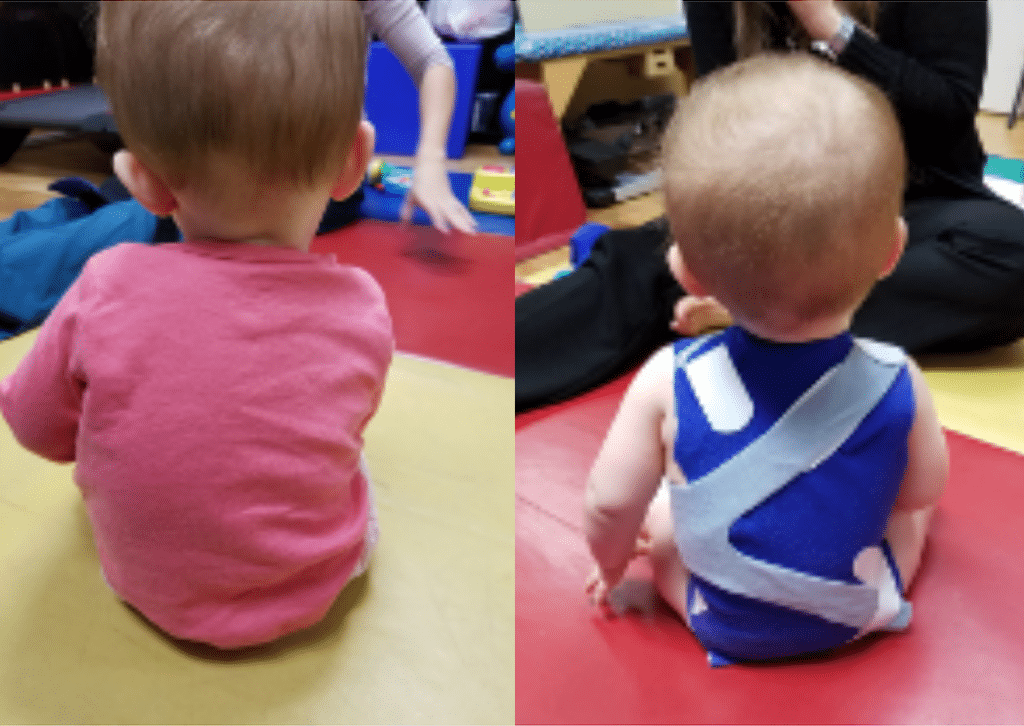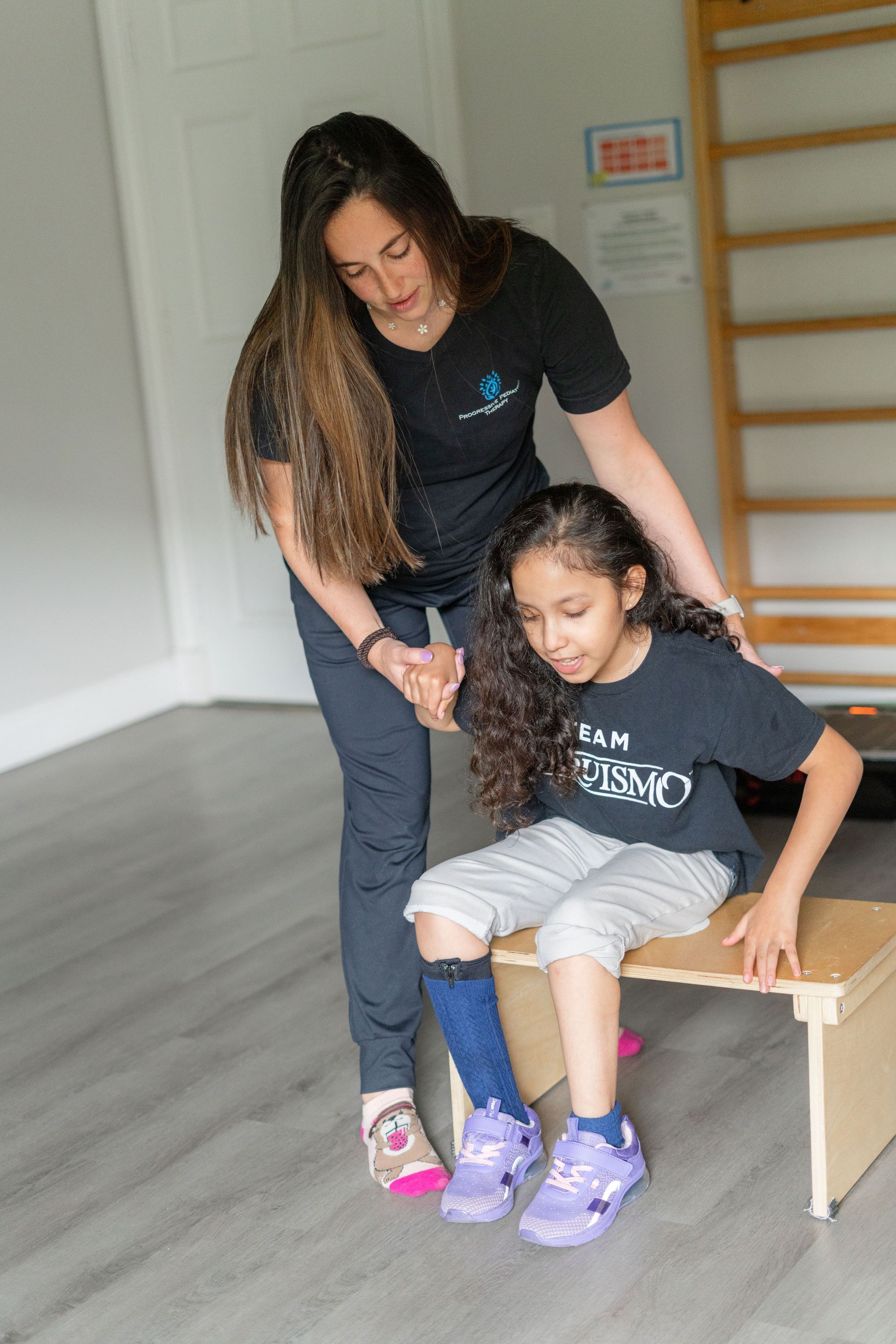Your Clinic
SET A LOCATION
Your Clinic
SET A LOCATION


If you have ever asked these questions or made these comments as a parent, it is possible your baby may have Torticollis. Torticollis is a shortening of the Sternocleidomastoid muscle which is a large, superficial neck muscle that runs from just behind the ear diagonally to the most medial part of the collar bone. This muscle’s main function is to help your baby bend their head forward and turn their head to the opposite direction. Tightening of this muscle is commonly from their positioning within the womb. Twins, premature babies and breech babies tend to have a higher incidence of Torticollis but it can also be acquired as a result of prolonged positioning, gastroesophageal reflux, or visual impairment. Torticollis may also arise from an orthopedic or neurological injury. This shortening on one side creates a lengthening of the muscles on the opposite side of the neck and this muscle imbalance makes it difficult for your baby to hold their head and body straight. This can also be the reason why your baby begins to develop a flatness on the back of their head known as Plagiocephaly.
Physical therapy can assist with developing symmetry in these muscles. This symmetry is important so that your child can establish midline head control, visual motor control, sensory organization and symmetry through their gross motor skill development.

It is best when you or your Pediatrician notice the Torticollis to seek Physical Therapy as soon as possible. It is common for babies to even develop Torticollis in the NICU and intervention can begin there. If a helmet or band is needed for head shape abnormalities in combination with the Torticollis, the most ideal time to receive a helmet is between 4-6 months. This ideal time is when the babies typically have strong enough head control to support a helmet and their heads are growing the fastest, which usually results in LESS time in the helmets! Treatment times for Torticollis vary depending on the severity of the tightness and any other possible comorbidities that the child may have. The good thing is that Torticollis is VERY common and VERY treatable! We typically will see a child up through the first year of life to make sure they develop all of their gross motor skills with midline head and trunk control.
So if you are questioning your child’s abnormal head shape and/or ability to keep their head in midline, perhaps question Torticollis AND seek Physical Therapy treatment as soon as possible! The earlier the treatment, the better the outcomes!
The post How To Identify Torticollis and When Physical Therapy Is Needed appeared first on PPT4Kids.









We empower children, families, and the community to learn, grow, and celebrate every child's unique abilities.
Quick Links
Contact Details
Phone: 561-376-2573 | 561-918-0190
Fax: 561-218-4939
VIP Concierge: 561-717-1764
Clinic Locations
All Rights Reserved | Progressive Pediatric Therapy, Inc. | Privacy Policy | Terms of Service
Site by Spearlance